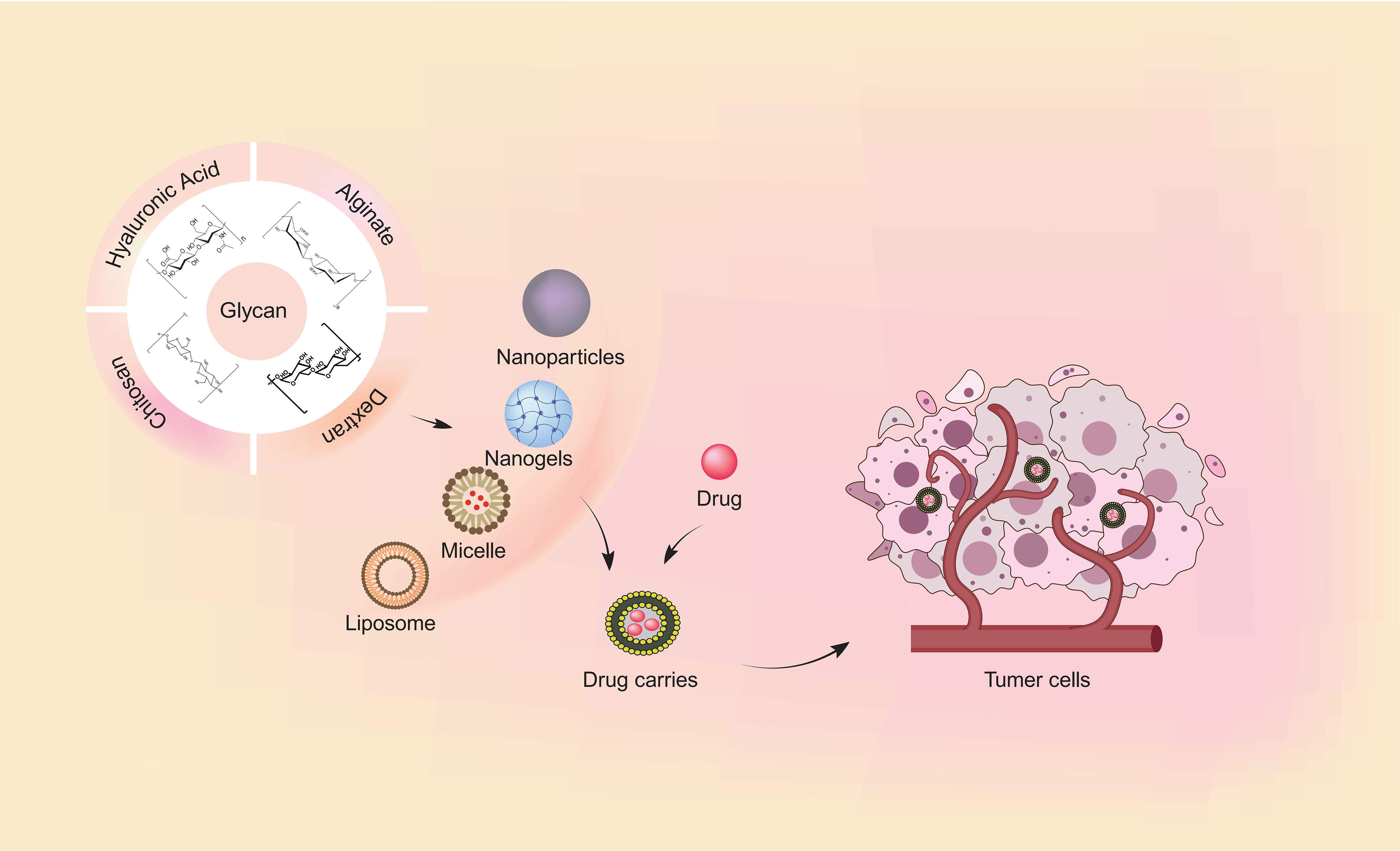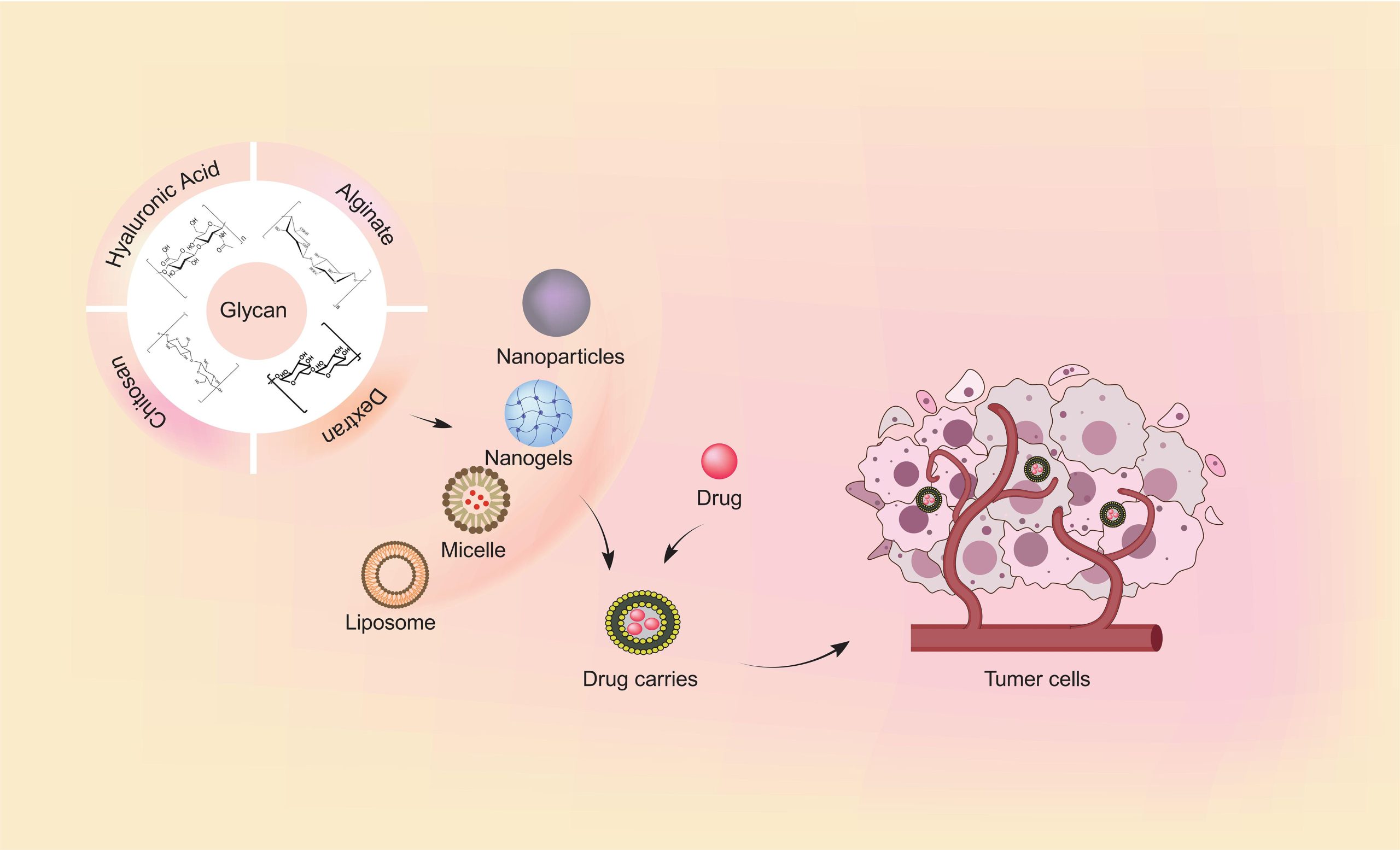
A New Era in Targeted Drug Delivery for IBD: The Potential of GlycoCaging Technology
Inflammatory bowel disease (IBD), encompassing conditions like Crohn’s disease and ulcerative colitis, impacts millions around the globe and is marked by persistent inflammation in the gastrointestinal (GI) tract. Existing treatment methods frequently utilize systemic medications such as corticosteroids to alleviate inflammation. Nevertheless, these drugs often lead to considerable side effects because of their absorption in non-target regions of the body, particularly the stomach and upper intestine. An innovative targeted drug delivery method, referred to as GlycoCaging, presents a promising breakthrough that could transform IBD treatment by ensuring that medications are delivered precisely to where they are most needed—in the lower intestine.
The Difficulty of Targeted Therapy in IBD
Corticosteroids and similar medications have long been the primary treatment options for IBD, commonly given orally or intravenously. Although effective at diminishing inflammation, these delivery methods typically lead to quick absorption in the upper GI tract. As a result, insufficient amounts of the drug reach the inflamed sections deeper in the intestine. To counter this effect, higher doses are prescribed, significantly increasing the likelihood of adverse reactions like hypertension, osteoporosis, and adrenal suppression.
For years, scientists have been searching for delivery techniques that can circumvent these challenges by directing drugs straight to the lower intestine. Until now, achieving this precise level of targeting without sacrificing drug efficacy has been a crucial challenge.
Presenting GlycoCaging: A Microbiota-Activated Innovation
Drawing inspiration from the breakdown of plant fibers by gut microbes, researchers have crafted an advanced delivery system known as GlycoCaging. This cutting-edge approach utilizes glycoconjugates—molecules that link drugs with naturally sourced oligosaccharides (complex sugars). These sugar-based “cages” contain the drug molecules and remain unbroken as they navigate through the stomach and upper intestines.
The brilliance of GlycoCaging resides in its selectivity: it is engineered to release the medication exclusively when it encounters specific enzymes generated by the gut microbiota. This guarantees that the active drug is delivered directly in the regions affected by IBD, thereby reducing side effects and enhancing efficacy.
Exciting Preclinical Outcomes
To test this innovative approach, researchers assessed the GlycoCaging system using dexamethasone, a powerful glucocorticoid, in a mouse model of IBD across a span of four to nine weeks. Two formulations were compared: GlycoCaged dexamethasone versus the conventional free version.
The results were striking. Mice administered the GlycoCaged drug exhibited equivalent anti-inflammatory effects compared to those treated with much higher doses of the free drug—illustrating the system’s effectiveness even at significantly lower doses (three to ten times less). Furthermore, the GlycoCaged formulation circumvented absorption in the upper GI tract, avoiding systemic spikes in drug levels and minimizing side effects. In contrast, the free drug was rapidly absorbed, causing elevated concentrations in the bloodstream and tissues—indicative of unwanted systemic exposure.
Human Applicability and Future Prospects
To explore its potential use in humans, the research team analyzed fecal samples from 33 people, including IBD patients and healthy individuals. They also examined genetic data from international databases to identify the presence of microbiota and enzymes capable of activating the GlycoCage. Encouragingly, all samples were found to contain microbiota capable of degrading the GlycoCage, and the vast majority showed the required genetic markers. This suggests that GlycoCaging is broadly compatible with diverse gut microbiomes, a vital factor for widespread clinical adoption.
A Framework for Safer Drug Delivery
Beyond its relevance to IBD, GlycoCaging has the potential to rejuvenate other promising drug candidates that have been set aside due to systemic toxicity. By facilitating precise and localized drug delivery, this platform could greatly broaden the therapeutic options for a variety of ailments related to the digestive system and potentially beyond.
In summary, GlycoCaging signifies a significant leap in targeted drug delivery, bringing new hope for individuals with IBD. By integrating contemporary drug design with insights into the gut microbiome, this technology could render treatment safer, more effective, and more personalized than ever before. As research progresses toward clinical trials, the medical field eagerly anticipates further advancements in this innovative domain.
